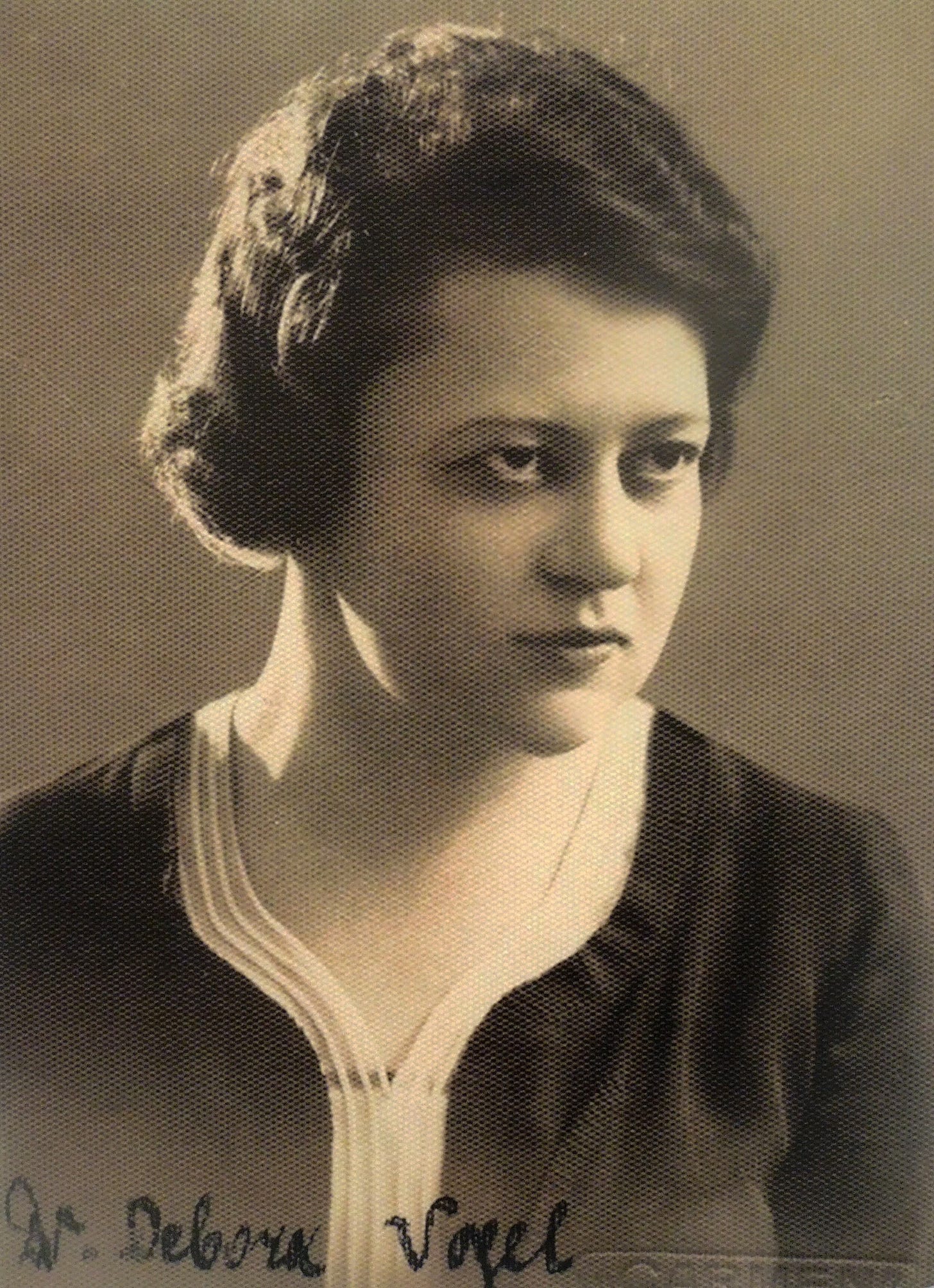Debora Vogel (1900-1942) was Jewish-Polish poet, philosopher, and critic who wrote between World War I and II. Closely aligned with the avant-garde and Modernism, Vogel learned Yiddish as an adult and wrote most of her poems in her adopted language.
Vogel was influenced by John Dos Passos and James Joyce, and her poems reflect her interest in perception, psychological perspective, and geometric forms. She was born January 4, 1900 in Bursztyn, Eastern Galicia (today known as Burshtyn, Ukraine) to two teachers. To escape antisemitic violence, the family moved to Lviv, which at the time was a polyglot city and cultural center.
Vogel spent time in Berlin (1926-27), Stockholm (1929), and in Paris on multiple trips. She became a mentor to numerous Polish, Ukrainian, and Jewish painters, photographers, and architects. Her two poetry collections, Tog Firgurn [Day Figures] and Manekinen [Mannequins] came out in 1930 and 1934, respectively.
Keep reading with a 7-day free trial
Subscribe to The Sharpener to keep reading this post and get 7 days of free access to the full post archives.




